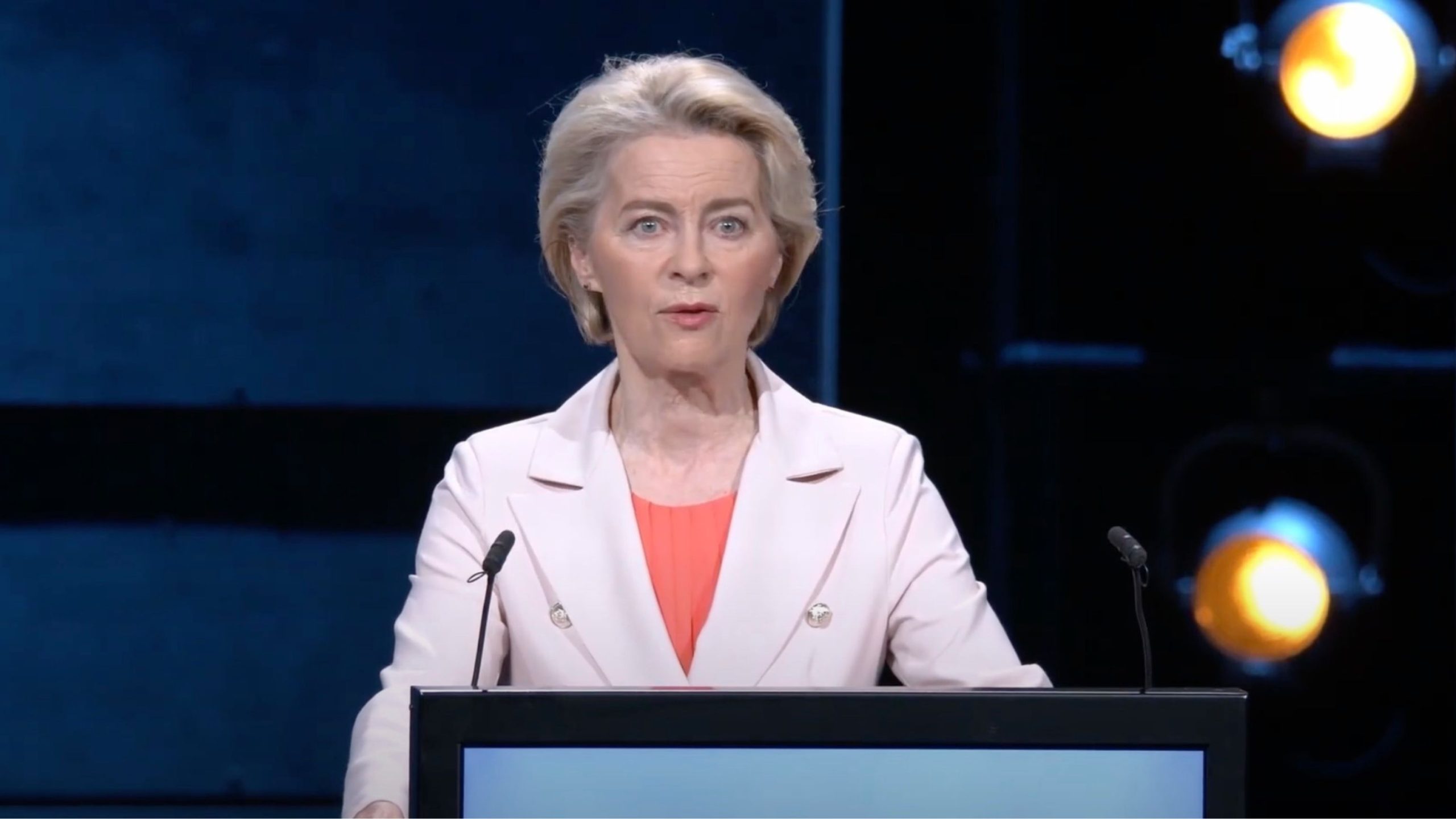European Commission President Ursula von der Leyen is campaigning to get reelected (by the next European Parliament, EP) and her messaging ahead of EP elections next month unsurprisingly includes doubling down on the policy of “combating disinformation.”
But in the same breath, the EU bureaucrat was not shy to make unsubstantiated accusations against some European politicians – specifically the opposition in her native Germany, that’s rapidly gaining in popularity – describing them as being “in the pockets of Russia.”
She also pledged that the European Commission under her continued leadership will make “European Democracy Shield” a priority.
This is supposed to be a new body coordinating EU member-countries’ national agencies as they search for “information and manipulation.”
“Better information and threat intelligence sharing” is given as the entity’s key role, while it will be modeled after Sweden’s Psychological Defense Agency.
Von der Leyen proceeded to show a poor understanding of the concepts of misinformation, cyber attacks, and extremism, conflating them while warning of foreign influence and manipulation.
“It is about confusing people so they don’t know who to believe or if they can even believe anyone at all” – she said, although her own statements can be read as achieving just that effect.
The European Commission president went on to praise the Digital Services Act, a controversial censorship law, and spoke about the need for the bloc to be “very vigilant and uncompromising when it comes to ensuring that it is properly enforced.”
“We have already made progress with the DSA…so once we have detected malign information or propaganda, we need to ensure that it is swiftly removed and blocked,” von der Leyen said.
Von der Leyen covered most of the censorship bases in her speech, including by pushing for the dystopian mechanism of “prebunking” – where citizens are in advance “warned” (“inoculated”) by the censors about supposed misinformation, in order to influence how they perceive information.
“Pre-bunking is much more successful than debunking,” she said. “Pre-bunking is basically the opposite of debunking… It is much better to vaccinate so that the body is inoculated.”


